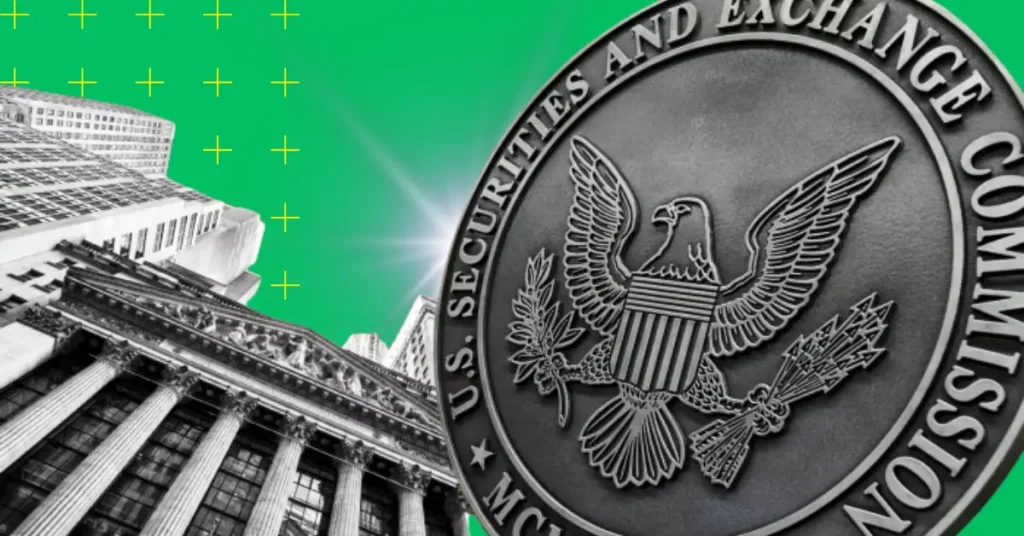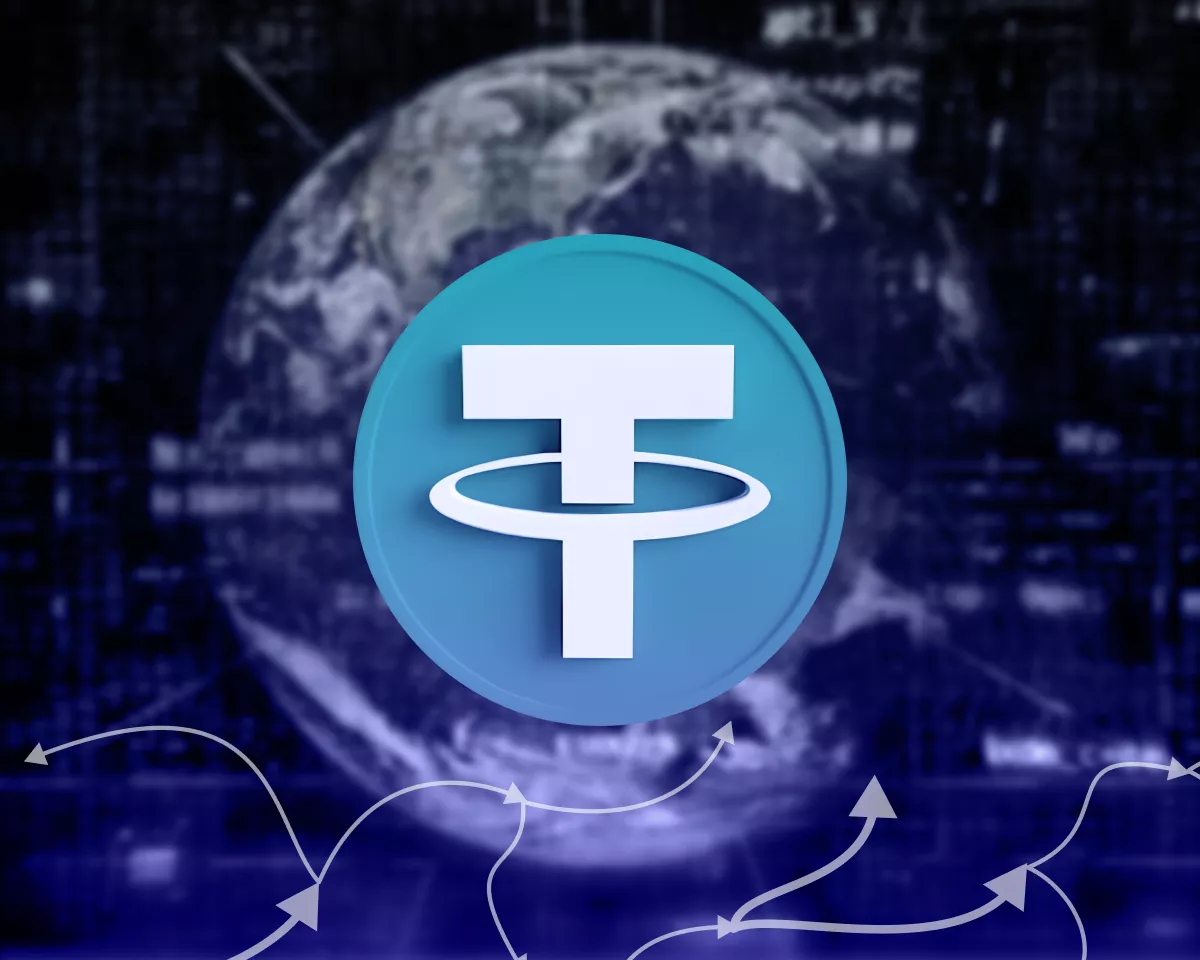
The post Breaking: SEC Charges America’s First Crypto Company in $100 Million Crypto Scam appeared first on Coinpedia Fintech News
The U.S. Securities and Exchange Commission (SEC) has charged New York-based Unicoin Inc. and several of its top executives for misleading thousands of investors and raising over $100 million through false promises.
What Happened?
The SEC claims that Unicoin and its leaders, including CEO and Board Chairman Alex Konanykhin, board member Silvina Moschini, and former Chief Investment Officer Alex Dominguez, tricked investors with big promises about their crypto project. They sold “rights certificates” that were supposed to give people access to Unicoin tokens in the future — tokens they claimed would be backed by valuable real estate and investments in private companies.
But according to the SEC, these promises were mostly made up. The real estate the company bragged about was worth only a small portion of what was advertised, and the company raised nowhere near the $3 billion it claimed — bringing in only about $110 million from over 5,000 investors.
Unicoin reportedly went big with their marketing. Ads popped up in airports, taxis across New York City, on TV, and all over social media. The company presented itself as a next-generation crypto investment opportunity, supposedly safe, stable, and profitable. They even told investors their offerings were “SEC-registered,” when in reality, they weren’t.
The SEC says Konanykhin personally sold millions of these certificates, targeting investors the company had previously tried to avoid so they wouldn’t lose their legal exemptions.
The Charges and What’s Next
The SEC has officially charged Unicoin and its executives with breaking federal securities laws, including fraud and making unregistered sales. The legal action demands they pay back the money they gained unfairly, along with extra fines and bans from holding executive positions in public companies.
Even Unicoin’s general counsel, Richard Devlin, wasn’t spared. He’s been accused of spreading misleading information through investor documents. Devlin has agreed to settle his charges without admitting or denying the allegations and will pay a $37,500 penalty.

 1 month ago
34
1 month ago
34














 English (US) ·
English (US) ·